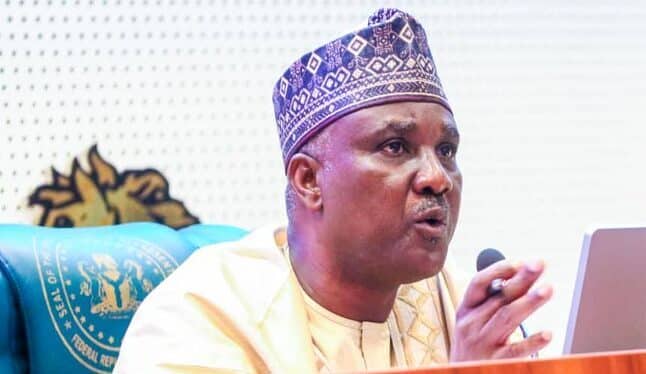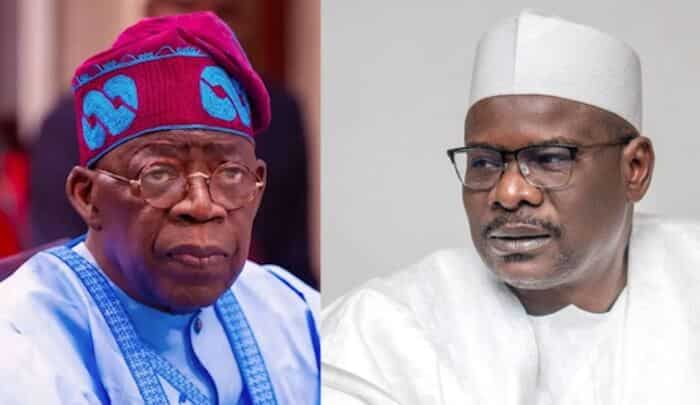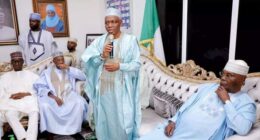
The Speaker of the House of Representatives, Tajudeen Abbas, has moved to clarify his position on Nigeria’s public debt, denying earlier reports that he had condemned borrowing by the federal government. In a statement issued by his Special Adviser on New Media, Jowosimi Enitan, the Speaker said his comments were misrepresented by what he called “mischief makers.”
The controversy arose from a speech delivered on his behalf by a member of the House, Babatunde Salam, at the 11th Annual Conference of the West Africa Association of Public Accounts Committees (WAAPAC) in Abuja. During the event, Salam, representing the Speaker, was quoted to have warned that Nigeria’s total public debt, which stood at N149.39 trillion (equivalent to about US$97 billion) as of the first quarter of 2025, had reached a “critical point.” The statement further highlighted that the nation’s debt-to-GDP ratio of roughly 52% surpassed the statutory ceiling of 40%, posing a serious threat to fiscal sustainability.
However, the subsequent clarification from the Speaker’s office asserted that his message was not a blanket condemnation of borrowing. Rather, he emphasized that public debt, when managed prudently, can be a valuable tool for national growth. The Speaker’s focus, according to the statement, was on the need for stronger parliamentary oversight, transparency, and accountability to ensure borrowed funds translate into tangible development projects like roads, schools, and hospitals.
The statement also lauded the fiscal management of President Bola Tinubu’s administration, noting that Nigeria has met its 2025 revenue target ahead of schedule without relying on additional borrowing. This achievement was cited as proof of the government’s commitment to reducing dependence on external loans and securing economic sovereignty.
The clarification from the Speaker aims to put an end to the confusion, reinforcing the parliament’s constitutional and moral duty to safeguard Nigeria’s financial future through diligent oversight of public borrowing.








